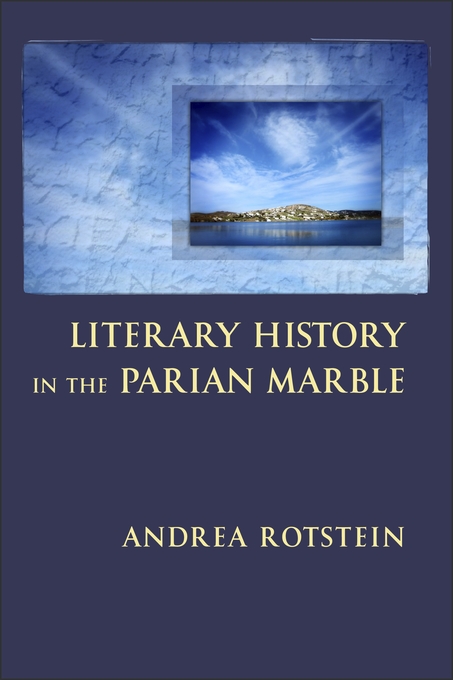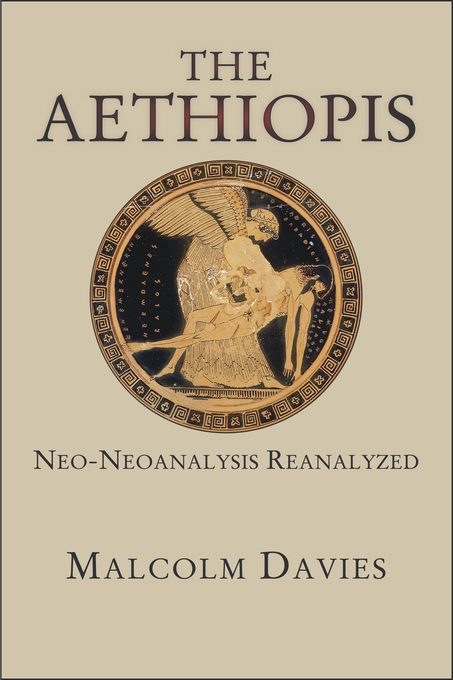New to the Hellenic Studies Series
We are very pleased to share the most recent additions to our Hellenic Studies Series, available in print through Harvard University Press.
 Andrea Rotstein, Literary History in the Parian Marble
Andrea Rotstein, Literary History in the Parian Marble
Inscribed some time after 264 BCE, the Parian Marble offers a chronological list of events with an exceptional emphasis on literary matters. Literary History in the Parian Marble explores the literary and historiographical qualities of the inscription, the genre to which it belongs, and the emerging patterns of time. Endorsing the hypothesis that the inscription was originally displayed at a Parian shrine honoring Archilochus, Andrea Rotstein argues that literary history was one of its main concerns. Though it may be conventional in its focus on the chronology of poets, their inventions and victories, the Parian Marble is nonetheless idiosyncratic in the range of authors displayed. By reconstructing the methods by which information might have been obtained, Rotstein contributes to an understanding of the way literary history was practiced within the local communities of ancient Greece, away from the major Hellenistic centers of scholarship.
The Parian chronicle has not been the subject of a comprehensive study for almost a century. Literary History in the Parian Marble brings to the English-speaking audience up-to-date information about the inscription, including a revision of Felix Jacoby’s Greek text and a complete translation.
 Malcolm Davies, The Aethiopis: Neo-Neoanalysis Reanalyzed
Malcolm Davies, The Aethiopis: Neo-Neoanalysis Reanalyzed
It may seem odd to devote an entire book, however short, to a lost epic of which hardly any fragments (as normally defined) survive. The existence of a late prose summary of the epic’s contents hardly dispels that oddness. One (rather long) word may supply justification: Neoanalysis.
This once influential theory held that motifs and episodes in the Iliad derive from the Aethiopis, called thus after an Ethiopian prince who allied with Troy against the Greeks, only to be killed by the Greeks’ greatest hero, Achilles. The death of that hero himself, at the hands of Paris, was then described, followed by the suicide of Ajax and preparations for the sack of Troy. The prose summary thus suggests a sequel to Homer’s poem, rather than its source, and for various reasons, especially the theory’s apparent failure to allow for the concept of oral composition, Neoanalysis fell into disfavor. Its recent revival in subtler form, given its vast potential implications for the Iliad’s origins, has inspired this volume’s critical reappraisal of that theory’s more sophisticated reincarnation. In addition, even more than with other lost early epics, the possibility that Greek vase paintings may reflect episodes of the poem must be examined.
